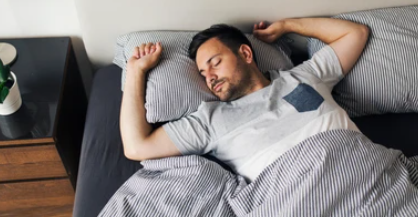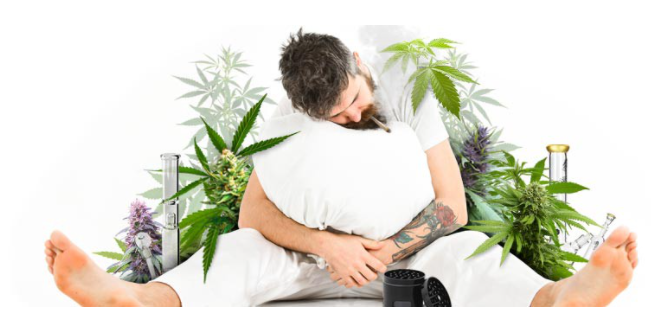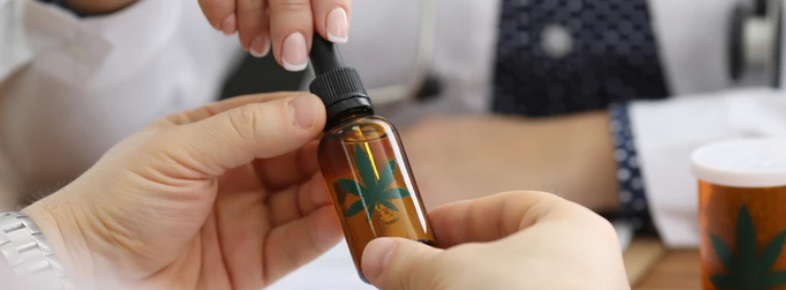Medical Marijuana as Sleep Aid
Many people who struggle with sleep and insomnia may benefit from marijuana. You'll need to make an appointment if you have a qualifying condition. You and the marijuana doctor will discuss your medical condition(s) and treatment history during the meeting.
While the usual suggestions of avoiding caffeine later in the day, getting exercise, and limiting screen time before bed can make a big difference in your sleep habits, they aren’t always enough.
That’s partly why a growing number of people are exploring cannabis as a potential sleep aid. But is it actually affective? And which strains are best for sleep?
Both recreational and medical cannabis users utilize marijuana as a sleep aid. Around 70% of young individuals who use marijuana for recreational purposes say it helps them sleep. About half of long-term cannabis users (those who have been taking it for 10 years or more) use it to help them sleep better. Up to 85% of those who use cannabis for medical purposes, such as pain management, claim it helps them sleep better.
Cannabis as a sleep aid is still being researched. Marijuana may aid with insomnia when used in moderation, but experts aren't clear if long-term use is beneficial or harmful to sleep quality.
How Does Marijuana Work as a Sleep Aid?
It is believed that the sleep-promoting effects of cannabinoids are due to their interactions with cannabinoid receptors in the brain. When cannabinoids bind to these receptors, they send messages to increase levels of sleep-promoting adenosine levels and suppress the brain’s arousal system. Together, these effects may help cannabis users feel sedated or sleepy.
Marijuana has several different active compounds, including tetrahydrocannabinol (THC) and cannabidiol (CBD). While THC typically acts as a sedative, it can have a stimulating effect for some people, especially for those who are new to using marijuana or taking higher doses.
· THC strains are typically the most effective for sleep. If THC agrees with your body and doesn't cause unpleasant side effects like anxiety, a THC dominant strain might be your most reliable source of sedating effects.
· Go easy on the high-THC strains if it's anxiety keeping you up. A light dose of THC can float you to sleep, but larger doses can worsen anxiety in some consumers. You may want to try a strain higher in CBD if you're sensitive to THC.
· Edibles can help you stay asleep longer. Though inhaling cannabis yields faster effects, edibles last a lot longer.
Indicas, sativas, hybrids — does it really matter?
Cannabis menus frequently categorize products as being either an indica, sativa, or a hybrid of the two, based on the plant origin.
Products derived from cannabis sativa plants are known to be energizing, while those derived from cannabis indica plants are known to be sedating. Hybrids fall somewhere in between, depending on how dominant the sativa and indica elements are.
However, not all customers claim to have experienced these side effects. Botanists have also discovered that the two plants have no molecular differences. They merely appear to be different from one another (sativas are taller with thinner leaves, and indicas are stockier).
The sativa vs. indica distinction, while not ideal, might be a useful approach to narrow down the correct product for you.
TIPS
Whether or not to use marijuana for sleep is a highly personal decision. While there are many favorable stories of cannabis' sleep-inducing benefits, it's crucial to keep in mind that not everyone will have the same experience. Don't be discouraged if you don't get the same results as others; it may take some time to locate the correct goods.
Keep in mind that the amount of research available is restricted. While many people claim that cannabis helps them sleep, it's unknown how much to take and whether there are any long-term impacts on sleep or cognition.




